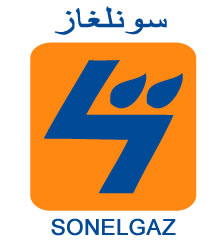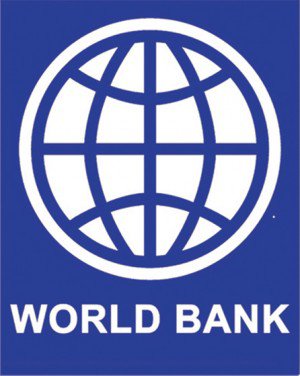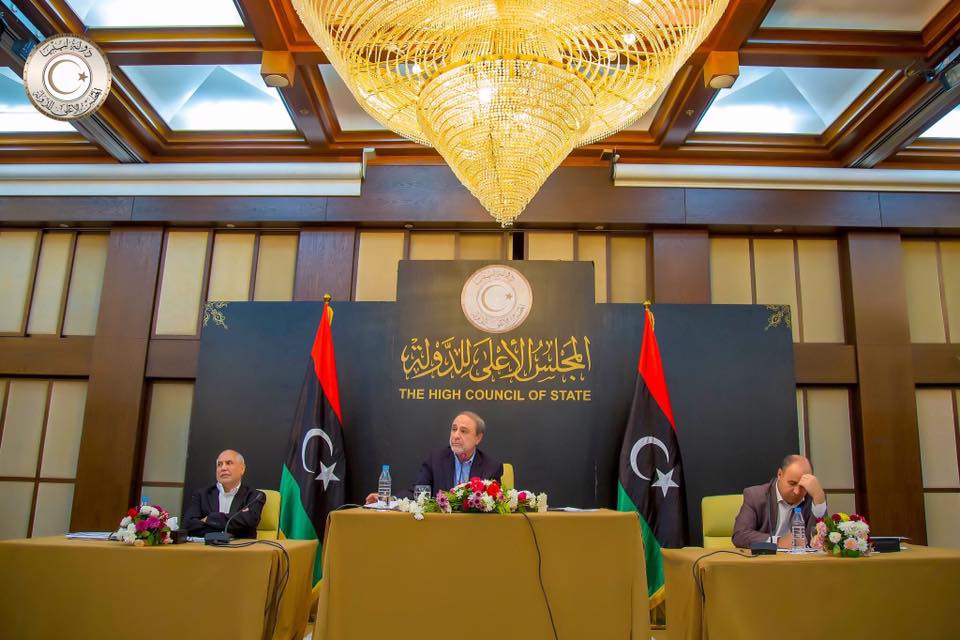By Sami Zaptia.

London, 23 November 2017:
Algeria’s state electricity and gas company, Sonelgaz, and Libya’s General Electricity Company of Libya (GECOL) started discussions to implement mechanisms to export electrical energy and other services from Algeria to Libya, Sonelgaz CEO Mohamed Arkab told Algeria’s news agency APS on Tuesday.
”We have an excess of national production in electrical energy, notably in winter. In this period, our Libyan brothers need this energy. We are studying the possibilities of a high-voltage electrical connection between Algeria and Libya through Tunisia to export our energy and offer our services through these cables,” said Arkab on the sidelines of a meeting which brought together officials from the two companies.
Underlining that the visit of the Libyan delegation to Algeria comes following a request from Sonelgaz, Arkab said that the visit was about relaunching a study that started in 2010 by the two countries, but which was delayed because of the political upheavals in Libya since 2011. ”Several projects are frozen in Libya, others haven’t yet taken off. So, we want to be the first to be present in the Libyan market,” he underlined.
Pointing out that Sonelgaz has managed to construct, by national means, power plants, power lines, power substations, gas pipelines for gas supply, as well as the manufacturing of some equipment in Algeria, the same official affirmed that with the acquired abilities, it is time to start the operations of exporting services, studies and equipment manufactured in Algeria.
It will be recalled that Libya has been suffering a 2,650 MW power generation deficit in peak-time electricity production since the 2011 revolution that toppled the Qaddafi regime. The deficit represents 37 percent of total peak load and has caused long and crippling nation-wide power cuts as well as a number of total blackouts.
The power-generation deficit is caused mainly by increased consumption as well as damage and the lack of maintenance to electricity infrastructure. The continued instability and insecurity in Libya has also made it difficult for foreign workers to re-enter Libya and carry out much needed work to electricity infrastructure.
https://www.libyaherald.com/2017/05/17/gecol-reveals-investment-projects-in-the-billions-for-libyas-electricity-sector/










